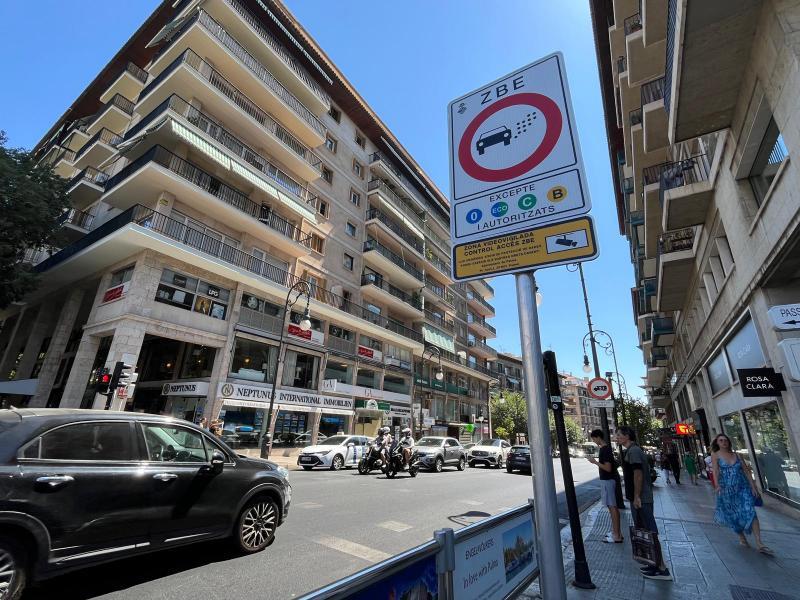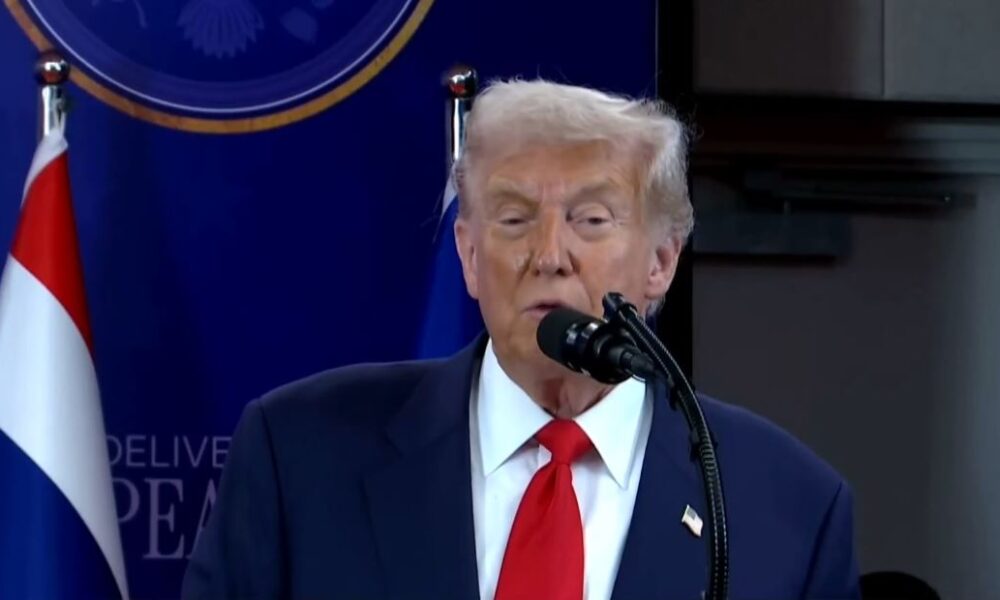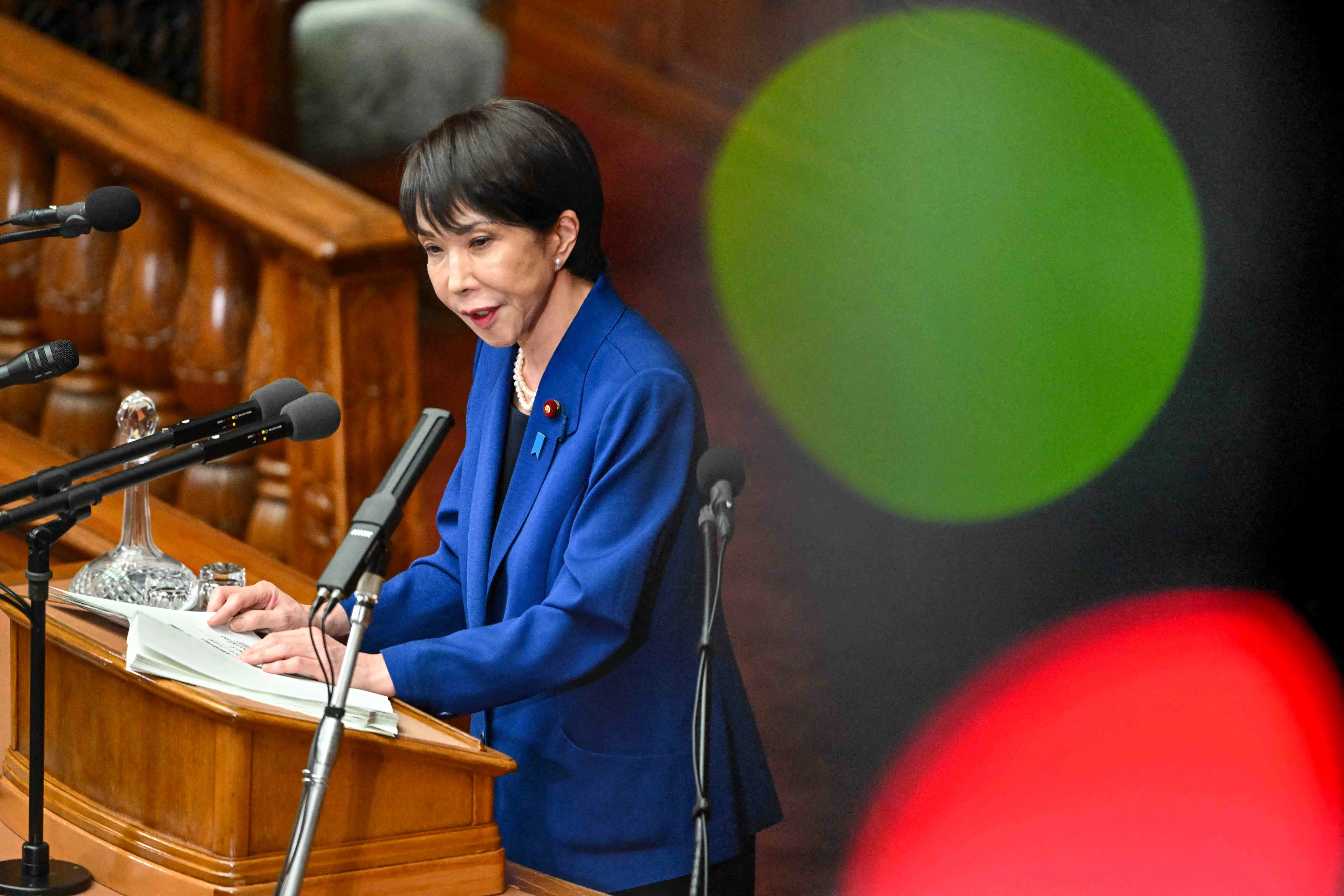Copyright majorcadailybulletin

Spain is aligning with a 2035 European Union ban on the sale of new petrol and diesel cars. In addition, many Spanish cities have implemented their own Low Emission Zones (LEZs) that restrict the use of older, more polluting vehicles. EU-wide ban on new sales In 2022, the European Union approved a law to effectively ban the sale of new petrol and diesel vehicles, including most hybrids, by 2035. Spain backed this initiative, which requires car manufacturers to achieve a 100% reduction in new car CO2 emissions by that deadline. Some exceptions may be made for vehicles that run on synthetic, carbon-neutral "e-fuels," but the overall push is toward zero-emission vehicles. Restrictions in Spanish cities Many major urban areas in Spain have implemented local driving restrictions to combat air pollution. These Low Emission Zones (ZBEs) often target older diesel cars first. Madrid: The city has been phasing in restrictions since 2022 and, as of January 2025, the LEZ will affect all vehicles registered in Madrid that do not have at least a "B" environmental sticker. Barcelona: The city's LEZ restricts pre-2006 diesel cars and older petrol and diesel vehicles from entering on weekdays. Other cities: A national law requires all 158 Spanish cities with more than 50,000 inhabitants to have an LEZ. Many of these zones specifically target older, higher-emission vehicles. According to electrive, In a joint letter disclosed by French media, the two governments stated that the upcoming review of CO₂ standards must not undermine the 2035 zero-emission objective, which they describe as a central reference point for Europe’s industrial transition. France and Spain “hope that the upcoming review will preserve the 2035 cap and the environmental ambition of the CO2 emissions trajectory that underpins it,” a paper presented to climate ministers in Luxembourg. Paris and Madrid argue that maintaining a clear regulatory trajectory is essential for the sector’s transformation, particularly for projects in battery production and vehicle electrification. Both countries emphasise that billions of euros have already been invested since 2023 to localise supply chains and secure European competitiveness in electric mobility. They contend that reversing course now would jeopardise industrial planning and investor confidence. While France and Spain endorse limited “flexibilities” within the framework, these are intended to reinforce European value creation rather than weaken emissions targets. Proposed adjustments include the introduction of so-called super credits for small electric vehicles manufactured in Europe, designed to stimulate affordable EV production and expand market adoption.



